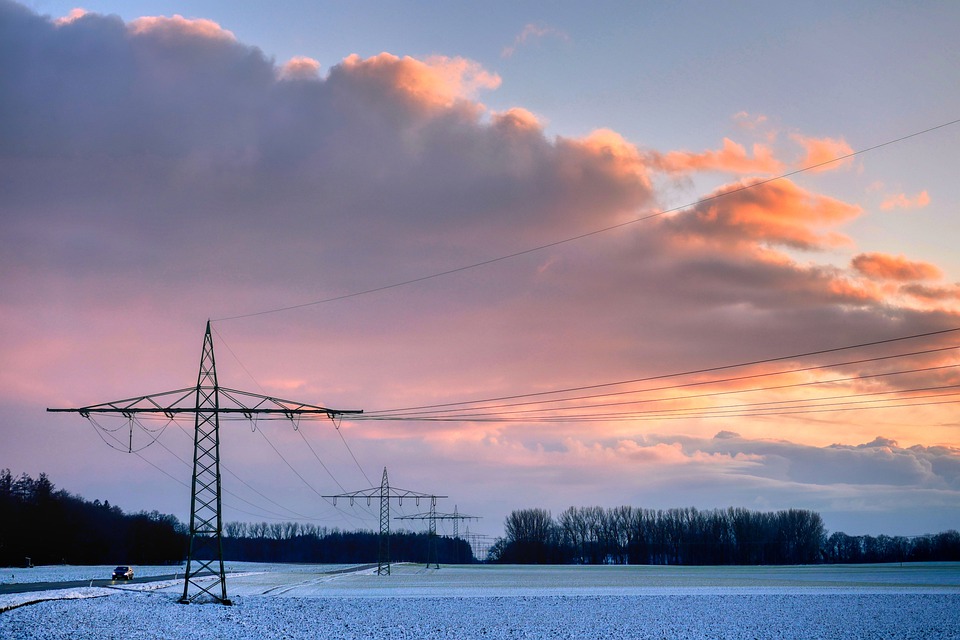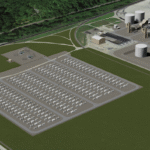Introduction
Power engineering is a vital field that deals with the generation, transmission, and distribution of electrical power. With the increasing demand for reliable and efficient energy systems, the need for skilled and knowledgeable power engineers has never been greater. In this article, we will rank the top universities offering power engineering courses and provide an overview of the programs.
In this section, we will present a global ranking of universities offering power engineering courses. The ranking is based on factors such as academic reputation, research output, and industry connections. Here are the top 10 universities:
- Stanford University, USA – Stanford University’s Department of Electrical Engineering offers a Master’s program in Power Systems and a Ph.D. program in Electrical Engineering with a focus on Power Systems.
- Massachusetts Institute of Technology (MIT), USA – MIT’s Department of Electrical Engineering and Computer Science offers a Master’s program in Electrical Engineering with a focus on Power Systems and a Ph.D. program in Electrical Engineering.
- University of California, Berkeley, USA – UC Berkeley’s Department of Electrical Engineering and Computer Sciences offers a Master’s program in Electrical Engineering with a focus on Power Systems and a Ph.D. program in Electrical Engineering.
- University of Oxford, UK – Oxford University’s Department of Engineering Science offers a Master’s program in Power Systems and a DPhil program in Electrical Engineering.
- University of Cambridge, UK – Cambridge University’s Department of Electrical Engineering offers a Master’s program in Power Systems and a Ph.D. program in Electrical Engineering.
- ETH Zurich, Switzerland – ETH Zurich’s Department of Electrical Engineering offers a Master’s program in Power Systems and a Ph.D. program in Electrical Engineering.
- University of Tokyo, Japan – Tokyo University’s Department of Electrical Engineering and Information Systems offers a Master’s program in Power Systems and a Ph.D. program in Electrical Engineering.
- University of Queensland, Australia – Queensland University’s School of Electrical and Electronic Engineering offers a Master’s program in Power Systems and a Ph.D. program in Electrical Engineering.
- Georgia Institute of Technology, USA – Georgia Tech’s School of Electrical and Computer Engineering offers a Master’s program in Power Systems and a Ph.D. program in Electrical Engineering.
- University of British Columbia, Canada – UBC’s Department of Electrical and Computer Engineering offers a Master’s program in Power Systems and a Ph.D. program in Electrical Engineering.
The program structure and duration of power engineering courses can vary depending on the university and the country. In general, a Master’s program in power engineering can take 1-2 years to complete, while a Ph.D. program can take 3-5 years. Here are some examples of program structures and durations:
- Stanford University: 2-year Master’s program, 4-5 year Ph.D. program
- MIT: 2-year Master’s program, 5-6 year Ph.D. program
- University of Oxford: 1-year Master’s program, 3-4 year DPhil program
- University of Cambridge: 1-year Master’s program, 3-4 year Ph.D. program
- ETH Zurich: 2-year Master’s program, 4-5 year Ph.D. program
- University of Tokyo: 2-year Master’s program, 4-5 year Ph.D. program
- University of Queensland: 1.5-year Master’s program, 3-4 year Ph.D. program
- Georgia Institute of Technology: 2-year Master’s program, 4-5 year Ph.D. program
- University of British Columbia: 2-year Master’s program, 4-5 year Ph.D. program
li>
Power engineers can work in a variety of industries, including utility companies, consulting firms, and government agencies. Here are some examples of career opportunities:
- Power Plant Engineer: Responsible for the design, construction, and operation of power plants.
- Transmission and Distribution Engineer: Responsible for the design, construction, and operation of transmission and distribution systems.
- Power System Planner: Responsible for planning and designing power systems to meet the needs of a particular region or industry.
- Research and Development Engineer: Responsible for developing new technologies and improving existing ones.
- Professor/Lecturer: Responsible for teaching and conducting research in power engineering.
In conclusion, the top universities offering power engineering courses are ranked based on factors such as academic reputation, research output, and industry connections. The program structure and duration can vary depending on the university and the country. Power engineers can work in a variety of industries and have a wide range of career opportunities. We hope this article has provided a useful overview of the best power engineering courses and the career opportunities available to graduates.
Q: What is the difference between a Master’s and Ph.D. program in power engineering?
A: A Master’s program in power engineering typically takes 1-2 years to complete and provides advanced knowledge and skills in power engineering. A Ph.D. program in power engineering typically takes 3-5 years to complete and provides advanced research and teaching skills.
Q: What are the job prospects for power engineers?
A: Power engineers can work in a variety of industries, including utility companies, consulting firms, and government agencies. The job prospects for power engineers are good, with a growing demand for skilled and knowledgeable power engineers.
Q: Can I work as a power engineer without a degree from one of the top universities?
A: While a degree from one of the top universities can be beneficial, it is not the only requirement to work as a power engineer. Many power engineers have degrees from other universities or have gained experience through work or internships.
Q: What are the typical skills and knowledge required for a power engineer?
A: Power engineers typically require a strong understanding of electrical engineering, power systems, and energy management. They also need to have strong analytical and problem-solving skills, as well as the ability to communicate effectively with others.
Q: Can I specialize in a particular area of power engineering?
A: Yes, many power engineering programs allow students to specialize in a particular area, such as power plant engineering, transmission and distribution engineering, or power system planning.


.png?w=150&resize=150,150&ssl=1)



.png?w=150&resize=150,150&ssl=1)
